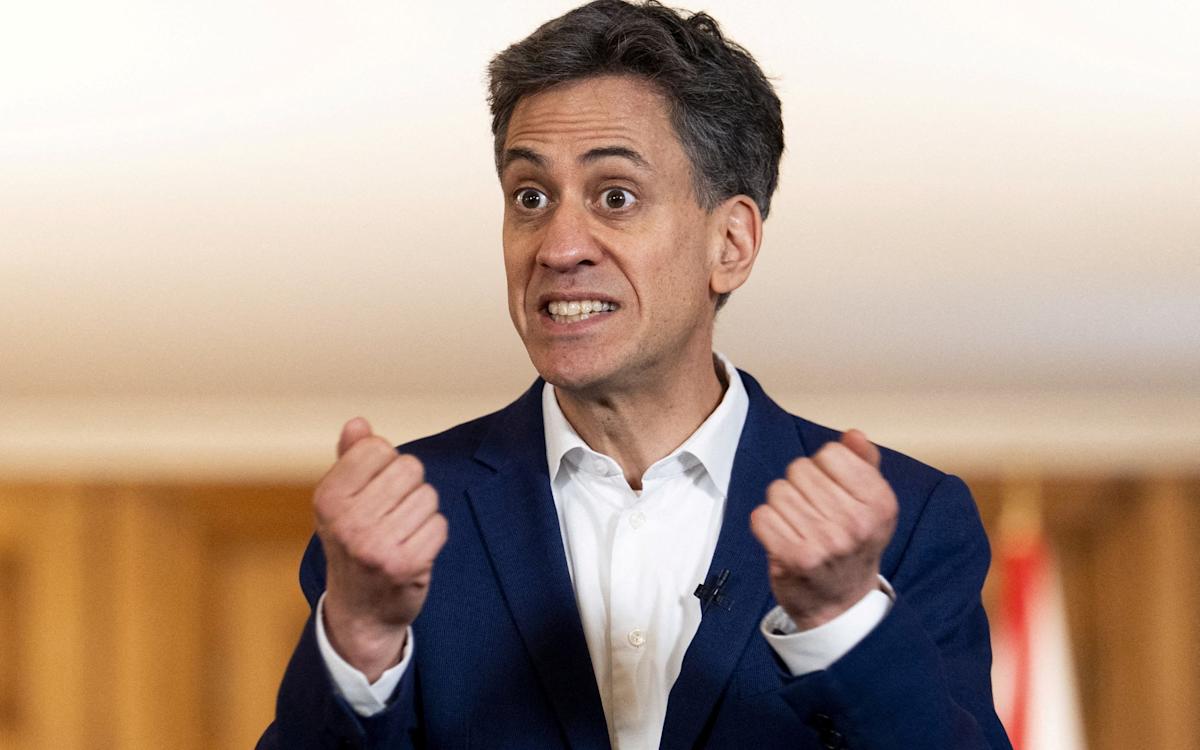Net zero goals mean Britain risks missing out on gas price crash
Britain risks missing out on a global plunge in gas prices under Labour’s clean power push, experts have warned.
In a report published on Wednesday, the International Energy Agency (IEA) said supplies of liquefied natural gas (LNG) are expected to swell later this decade as new facilities come online in the US and Qatar.
The organisation said this is likely to spark a potential glut of LNG, triggering a fall in prices across the world.
But analysts warned that British households and businesses could miss out on savings because of the Government’s proposals to shift the electricity system away from gas.
Under Labour’s clean power 2030 plans, ministers want 95pc of electricity to come from green sources such as wind and solar farms that are funded by costly subsidies.
b’
‘
Dillon Smith, of the Centre for Policy Studies, said this meant consumers risked paying over the odds for power compared to those in other Western countries if gas prices tumbled.
He said this could lead to the UK becoming a “poster child for how not to do the energy transition”.
Sir Dieter Helm, a professor of economic policy at Oxford University, recently warned that the Government’s clean power plans would prevent consumers from seeing “any benefits that might come from low and stable gas prices”.
Consumers with gas boilers would still benefit from a drop in their heating bills, however.
In its report, the IEA said that based on the stated policies of governments around the world, there could be an “overhang” of 65 billion cubic metres of LNG supply by 2030.
This is after 300 billion cubic metres (bcm) of new capacity come online between 2025 and 2030, including around 150 bcm in the US.
b’
‘
There were no obvious customers for much of this new supply, the IEA warned, with Europe and China unlikely to absorb it all due to their rising adoption of renewables.
“The key questions are in which markets, at what price and under what conditions this rising tide of LNG supply can be absorbed,” the IEA said.
“In the [stated policies scenario], LNG demand increases by 200 bcm between 2024 and 2030.
“This is smaller than the change in available LNG export capacity, and puts downward pressure on LNG prices.”
b’
‘
The warnings come as Ed Miliband, the Energy Secretary, is under pressure to avoid locking in high prices for households through the latest round of renewable energy subsidies.
Under the 20-year contracts for difference (CfDs) that are being offered by the Government, wind and solar farms are guaranteed a fixed price for the electricity they generate.



Leave a Comment
Your email address will not be published. Required fields are marked *